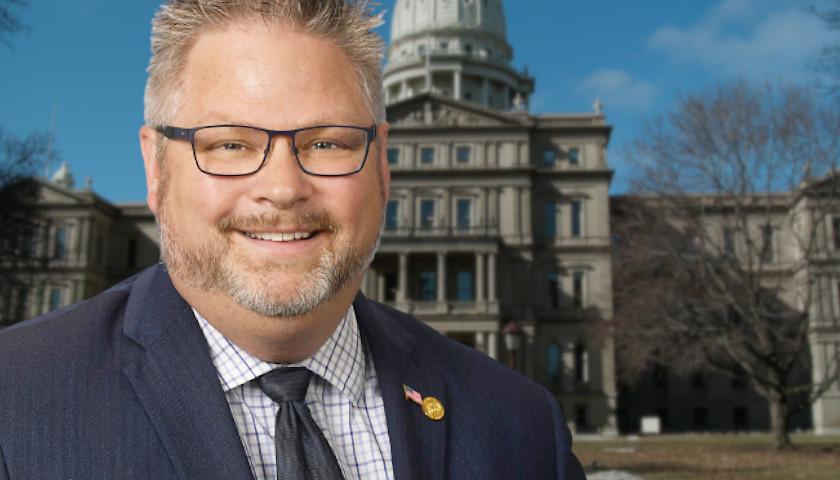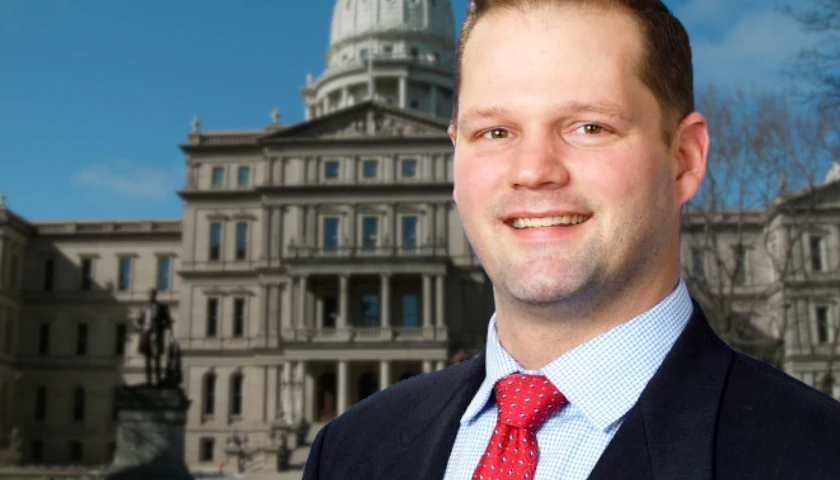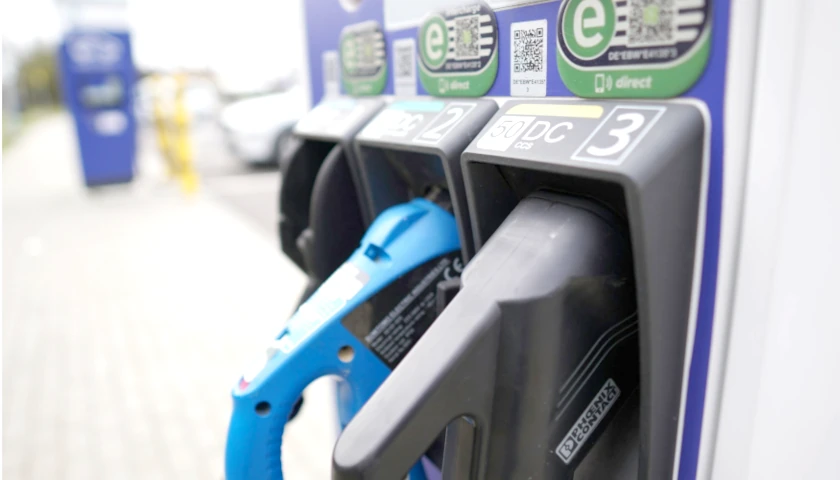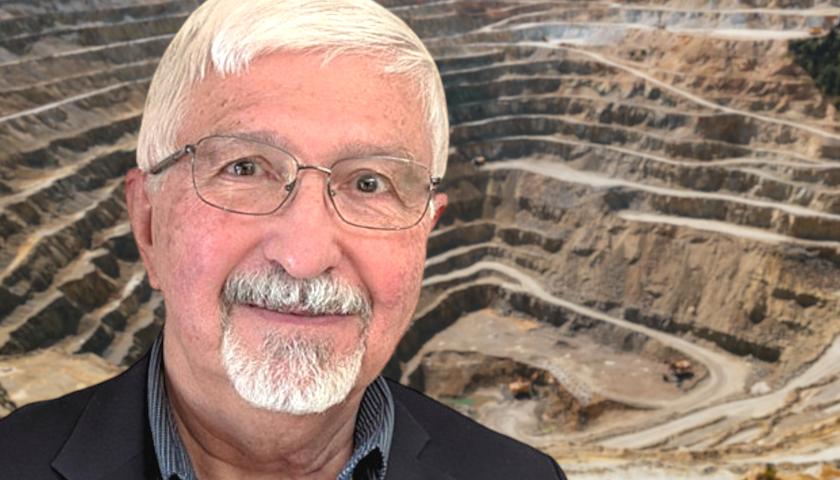by Scott McClallen
As Michigan aims for 100% clean energy by 2040, a new plan aims to ensure that child slaves aren’t mining the rare earth minerals and assembling the solar panels.
Michigan House Republicans proposed a package aiming to stop taxpayer money from funding projects using child or forced labor for solar panels and electric vehicle battery parts.
Phil Green, R-Millington, and others sponsored House Bills 5322, 5323, 5324, and 5325 and House Resolution 168.
“This legislation draws a clear line in opposition to any industry that utilizes forced labor or child labor,” Green (pictured above) said in a statement. “It states that if you’re going to do business in or with the state of Michigan, you must certify that your products are not sourced through these abhorrent actions. These bills protect children, position our state as a leader in working to stamp out forced labor, and prioritize a responsible and ethical use of people’s tax dollars.”
Widespread EV adoption would require rare earth minerals, including cobalt, lithium, and nickel, which are in short supply in the United States. Importing the minerals, moreover, sparks ethical questions as rare earth minerals extraction overseas often involves child slave labor and can damage the environment.
The world’s top lithium producers are South America, where Argentina and Chile provide 93% of U.S. lithium. Amnesty International reports thousands of child laborers mine cobalt for lithium batteries. Additionally, a Guardian report noted that children as young as six work in the mines.
A single Tesla requires seven kilograms of lithium for its battery pack, which requires an energy-intensive extraction from the brine of salt flats that can damage the environment and cause water shortages, such as in Chile’s Atacama and Argentina’s Salar de Hombre Muerto regions, Ronald J. Deibert explains in his book “Reset: Reclaiming the Internet for a Civil Society.”
In the Democratic Republic of Congo, which produces most of the world’s cobalt, child slaves often work in the mines.
Reps. Joseph Aragona, R-Clinton Twp, said that “the best price may mean the worst working conditions” when it comes to green energy spending.
“We’ve essentially just told the world that we plan to spend hundreds of billions of dollars on this type of equipment over the next twenty years,” Aragona said in a statement. We have to be just as aggressive in defining what that means ethically. The cheapest price cannot be allowed to win in these debates — the best price may mean the worst working conditions. We have to be willing to vote with our dollars in favor of free and fair labor markets, even on the other side of the world.”
Gina Johnsen, R-Lake Odessa, offered a resolution that condemns unethical and irresponsible manufacturing practices, namely child labor, in the production of electric vehicles and solar panels.
“Any decent human should acknowledge that child labor is deplorable and advocate for ethical labor practices and basic human rights,” Johnsen said in a statement.
– – –
Scott McClallen is a staff writer covering Michigan and Minnesota for The Center Square. A graduate of Hillsdale College, his work has appeared on Forbes.com and FEE.org. Previously, he worked as a financial analyst at Pepsi. In 2021, he published a book on technology and privacy. He co-hosts the weekly Michigan in Focus podcast.





